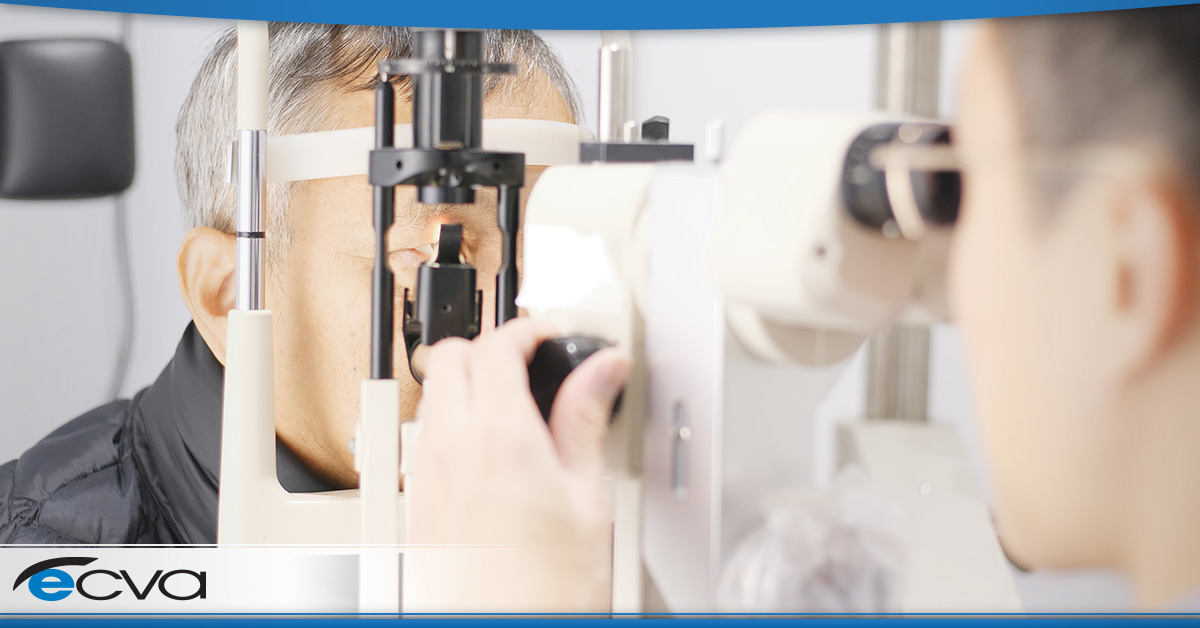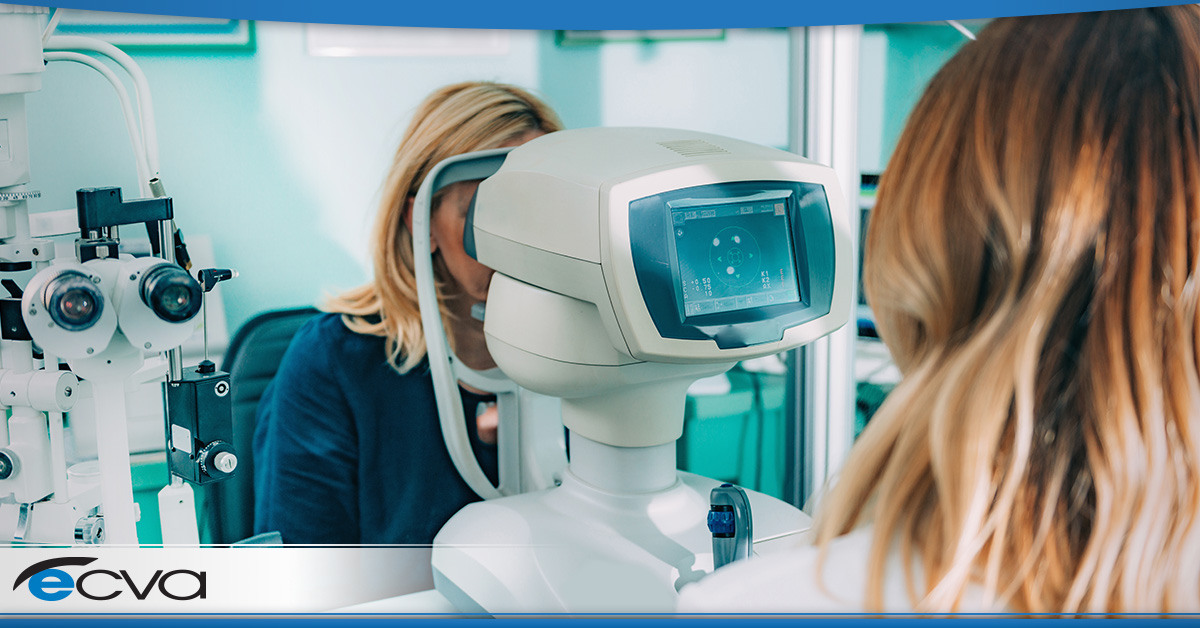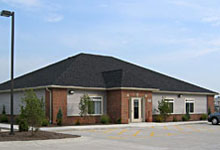As we age, our vision usually changes. Both eye disease and vision loss become more common as people get older, particularly once a person reaches their 60s and beyond.
Certain changes are normal and aren’t a signal of any kind of underlying disease. Others could be signs of more serious health problems. However, in both cases, if you don’t get your eyes checked regularly, your quality of life could diminish quickly.
Common Vision Changes as We Age
One of the most common forms of vision changes people experience is presbyopia. The lens of the eye starts to struggle to change shape, making it harder to focus on objects that are close to you. Often, people first notice these shifts in their vision when they are reading, as they have to hold the text further away to be able to focus.
In many cases, presbyopia is easy to correct with reading glasses, regular prescription glasses or contact lenses. Some other options, like corrective surgeries, can also restore visual acuity.
Cataracts are also increasingly common as a person ages. The formation of cataracts makes it hard to see clearly, but they can typically be removed with a simple and highly effective surgery.
Major Age-Related Eye Diseases
Certain vision changes are signs of a more serious condition. Macular degeneration is a leading cause of blindness among older members of the population. As the macula deteriorates, central vision starts to fade. Over time, reading, driving, recognizing faces, using a computer and a variety of other tasks become more challenging. However, when caught early, treatment can limit the damage caused by macular degeneration and may even restore some visual acuity.
For every decade after you reach 40, your risk of developing glaucoma increases. As the optic nerve is damaged, vision loss occurs. Over time, blindness is a possibility. Without regular eye exams, spotting glaucoma before permanent damage is done is nearly impossible. However, when detected early, treatments can prevent or slow vision loss.
If you have diabetes, you are at risk of developing diabetic retinopathy, a condition that can lead to blindness. High blood glucose levels damage the blood vessels in the retina, preventing proper blood flow. In some cases, new blood vessels develop in the wrong parts of the eye, causing vision loss. Once you have diabetic retinopathy, you need to work with a medical provider to ensure you get the proper treatments.
The best way to identify and manage age-related vision changes and eye conditions is to see your ophthalmologist or optometrist regularly. During an exam, they can look for signs of changes and discuss any vision-related concerns you may have, as well as develop treatment plans to preserve your vision. If you haven’t seen an eye doctor recently, schedule an appointment at your nearest ECVA clinic today. Our experienced ophthalmologists, optometrists, and opticians work diligently to maintain the health of the eyes of our patients and to correct vision issues in patients of all ages, ensuring their eyes remain healthy and they can see clearly.
Talk With One Of Our Eye Care Professionals Today!
If you have further questions or would like to schedule an appointment with one of the Ophthalmologists at Eye Care and Vision Associates please call 716.631-EYES (3937) or visit www.ecvaeyecare.com .










